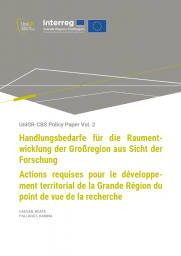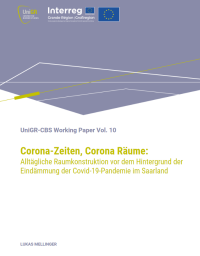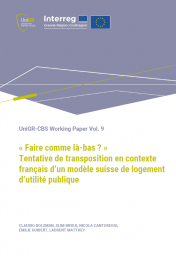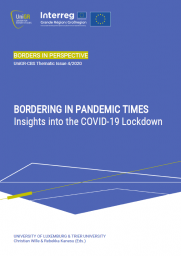Thematic issue Borders in Perspective Vol. 7
In border areas, there is a special need for cross-border coordination between the stakeholders of spatial development and spatial planning with regard to spatially relevant challenges and future oriented development processes. The process of creating and implementing cross-border spatial development concepts requires intensive communication and cooperation across borders. However, these can make an important contribution to a coordinated cross-border spatial development and thus bundle resources as well as efficiently direct them to coordinated measures and projects. In addition to this added value of cross-border cooperation, however, there are also numerous points of friction and obstacles, which are caused, among other things, by different planning traditions and cultures, administrative systems and responsibilities, or also concern a lack of knowledge about planning instruments in the cross-border context. In cross-border spatial planning and development practice, these obstacles and the existing spatial challenges can also be countered by sub-spatial or subject-specific cooperation institutionalized and organized at different spatial levels. In this thematic issue, strategies and concepts from cross-border spatial development are presented and highlighted, which deal with different topics of spatial development, reflect a spectrum of cross-border forms of cooperation and organization and discuss the added value.





